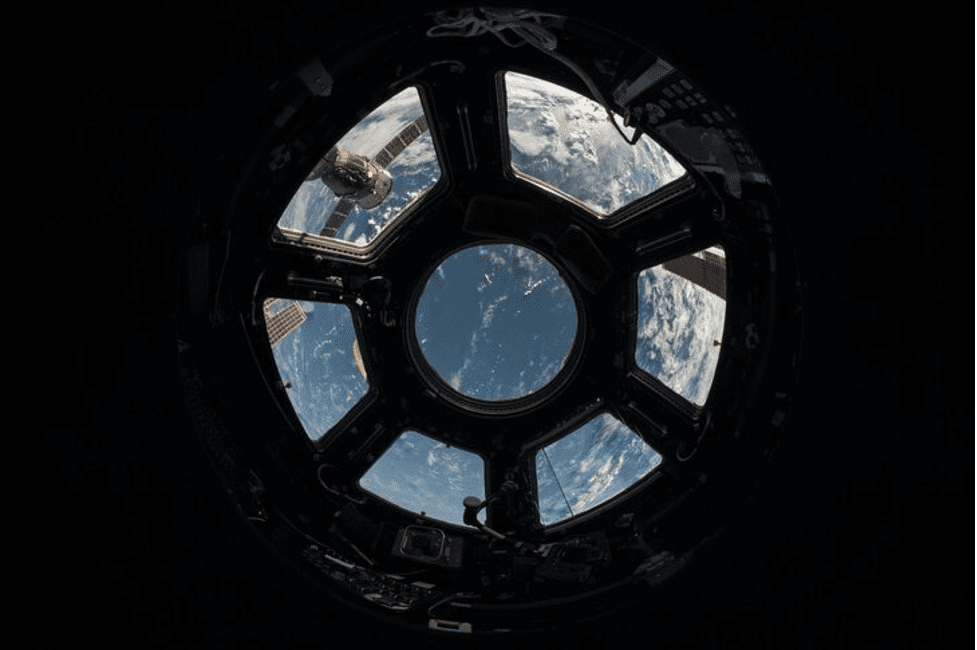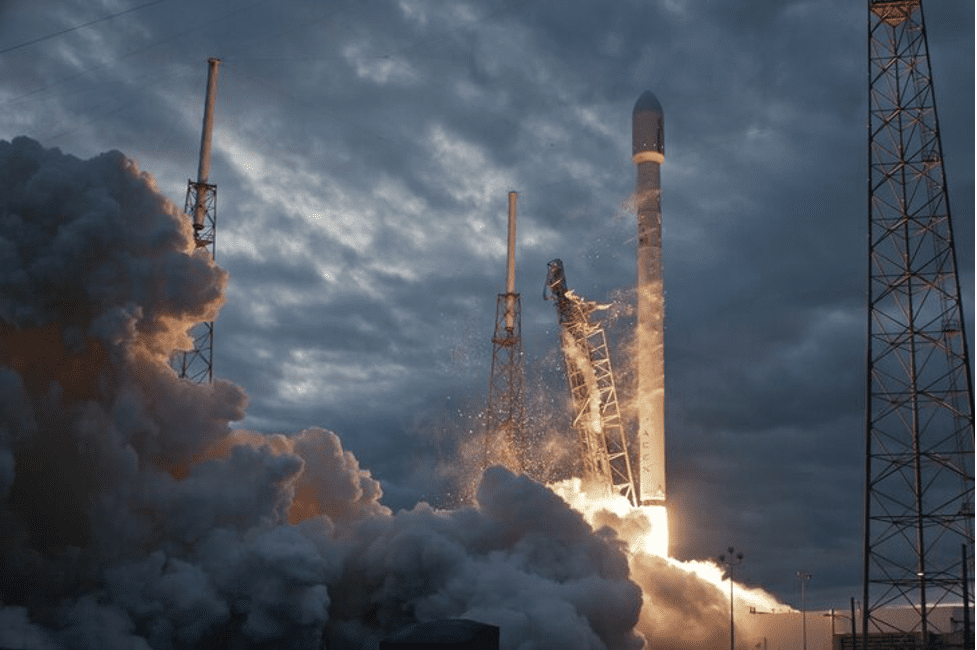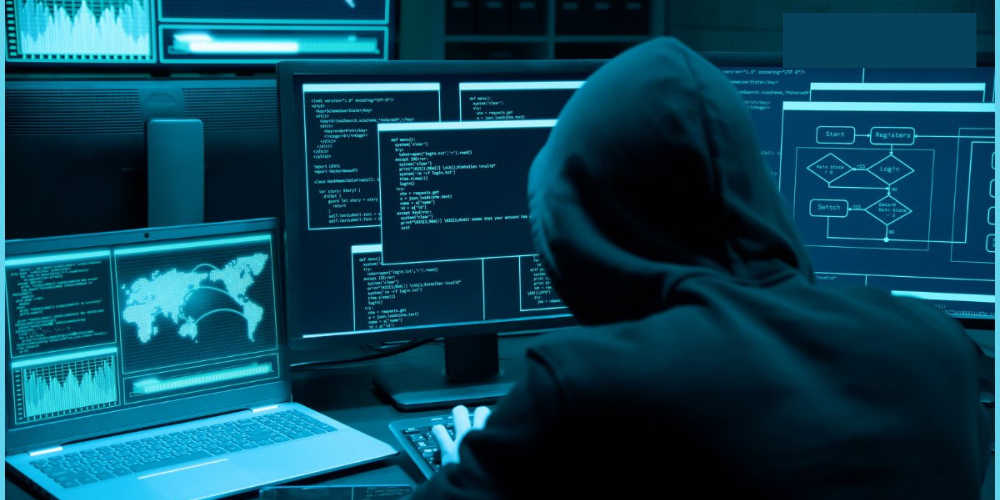Gazing through a high-powered telescope on a starry night could seem like the perfect setting for admiring the beauty of space, but most of us don't understand, or even know, what all lies in the endless black above us. In addition to planets, stars, moons, asteroids, comets, and all that, tons and tons of junk aimlessly float in space.
How does it matter? Well, that may seem like a logical question to people like us who are sitting safely in our cozy homes. But for astronauts and scientists living aboard space stations and satellites, uncontrollably floating space junk is no less than a full-speed asteroid!

NASA/Unsplash | In addition to interstellar objects, the space is filled with tons of aimlessly floating debris
Thankfully, leading industrial nations that are part of the G7 have unanimously agreed that space junk is a real problem, and it's high time to consider it as a priority. The announcement was made at the 2021 G7 leaders' summit in Cornwall, United Kingdom.
How and why space debris is a problem
For the unaware, space junk or space debris is any kind of waste machinery or mechanical parts left behind by humans in space. It could be anything - big objects like failed or broken satellites or small things like pieces of paint flecks that were once part of a rocket.
According to the ESA, space debris is a huge problem that’s worsening with each passing day. There are around 34,000 particles larger than 4 inches and almost 900,000 ranging between 0.4 to 4 inches that are currently orbiting the Earth's surface. Each of these particles runs uncontrolled in space's orbit at a speed of 17,500 mph, possessing a serious threat and danger for the functioning satellites. With the rise of mega-constellations like SpaceX, this problem can be aggravated even more. After all, introducing new and additional satellites into an already overcrowded orbit doesn't seem like a great plan to us!

Michael/Unsplash | Space junk was a key matter of focus at the G7 Summit 2021, and world leaders have agreed to doing something about tackling the issue
What do the authorities have to say?
Our planet's orbit is becoming increasingly crowded. It is a valuable and fragile environment that we must protect at all costs. Experts are relieved that the sustainability of space is receiving the required attention from the G7 leaders.
Delegations from France, Germany, Canada, the USA, and the UK have agreed to develop a common operation to promote the safety of the Earth’s orbit, along with synchronizing and managing space transport. Simonetta di Pippo, Director of the UN Office for Outer Space Affairs, states that there’s a compelling need to neutralize global space operations. It's high time we start caring about the future and what we’ll pass on to the upcoming generations.

SpaceX/Unsplash | Cleaning up space junk is imperative to ensuring a better future for the coming generations
To sum it up
Space junk is a very real challenge facing constellation companies. In order to fix this situation, global governments have to take some really strong and effective measures ASAP! We need to protect the space for our forthcoming generations and start decontaminating it on a global level.








